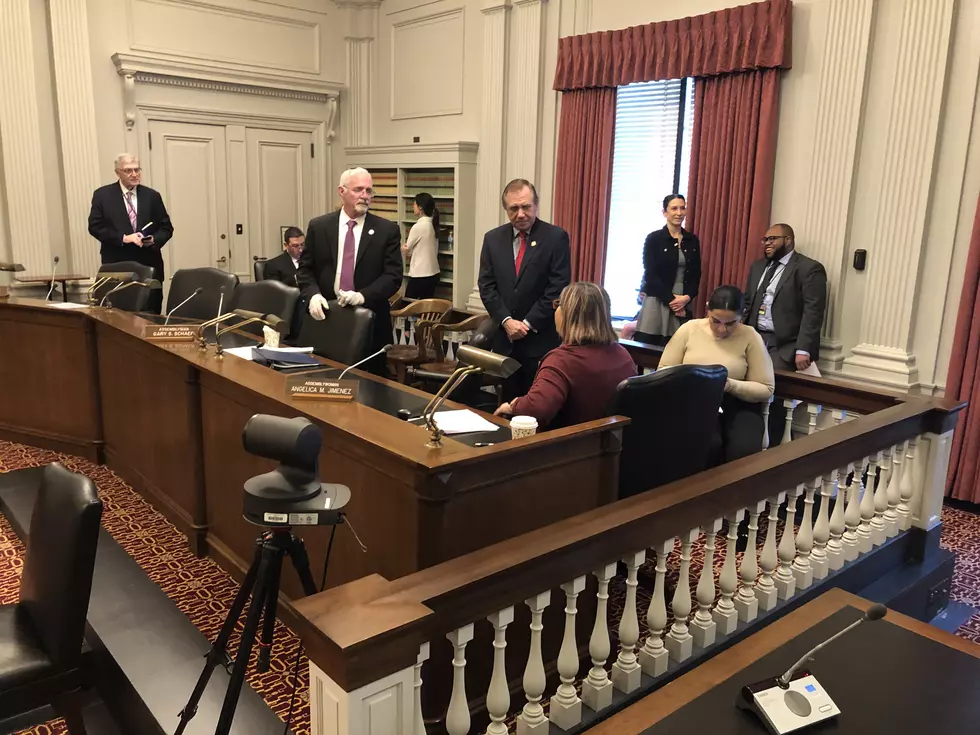
NJ takes too long to resolve public records complaints, report finds
Over a period of nine years studied by the Office of the State Comptroller, New Jersey's Government Records Council took three times as long, on average, to adjudicate Open Public Records Act requests as the state's judiciary takes to resolve such cases.
Put simply, an OPRA complaint filed today would not be fulfilled until April 2024, if the typical time from fiscal year 2012 through 2020 continues to hold true.
That average of 21 months per dispute is excessive and does not engender transparency in New Jersey government, according to Acting Comptroller Kevin Walsh.

Walsh said when the state established the GRC under the umbrella of the Department of Community Affairs two decades ago, it did so with the hope of having inquiries from residents answered "as expeditiously as possible."
Those could range from records sought from state offices, to school districts, to utilities within individual municipalities.
As such, Walsh said, OPRA exists as a sort of promise to the residents of New Jersey.
"If I want to know why my mayor made a particular decision, what information was there, I can call up and file an Open Public Records Act request and try to get that information," he said.
But one of the recommendations Walsh's office is now making in a new report is that the GRC define exactly how expeditiously it intends to act.
"Is that six months? Is it 12 months? If the courts can do it in seven months, can the state agency that's responsible for doing this without attorneys — maybe it can meet that standard," Walsh said.
Related to that, the comptroller's report is also suggesting that the agency disclose, via its website, whether it is performing at whatever standard it has set for itself.
"It's good for an agency that is responsible for helping with transparency to be transparent in whether it's meeting its own goals," Walsh said.
One concession the report makes is that due to budget cuts, GRC now has only three staff members, where it once had 10, to handle a backlog of hundreds of cases every year.
The DCA has authorization to hire two additional employees but has not done so, which Walsh also recommends be done.
The report does not define any timetable for when the Government Records Council should implement the proposed changes, but Walsh said the sooner, the better.
"We've made the recommendations, and we have an obligation to monitor whether those recommendations are followed," he said.
Patrick Lavery is a reporter and anchor for New Jersey 101.5. You can reach him at patrick.lavery@townsquaremedia.com
Click here to contact an editor about feedback or a correction for this story.
LOOK: These Are the 50 biggest retailers in America
LOOK: What are the odds that these 50 totally random events will happen to you?
Here's where NJ legal weed is sold
More From New Jersey 101.5 FM









